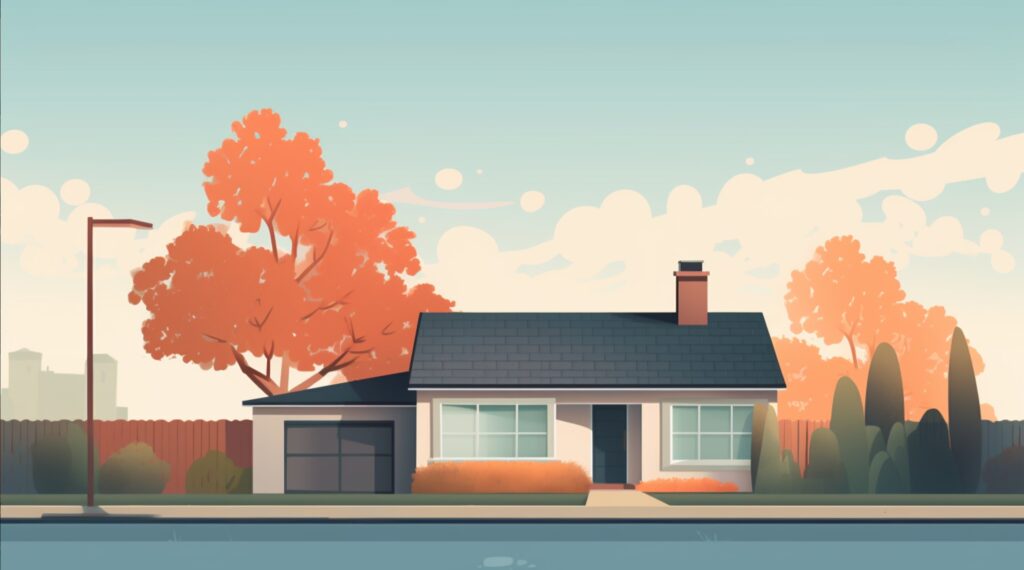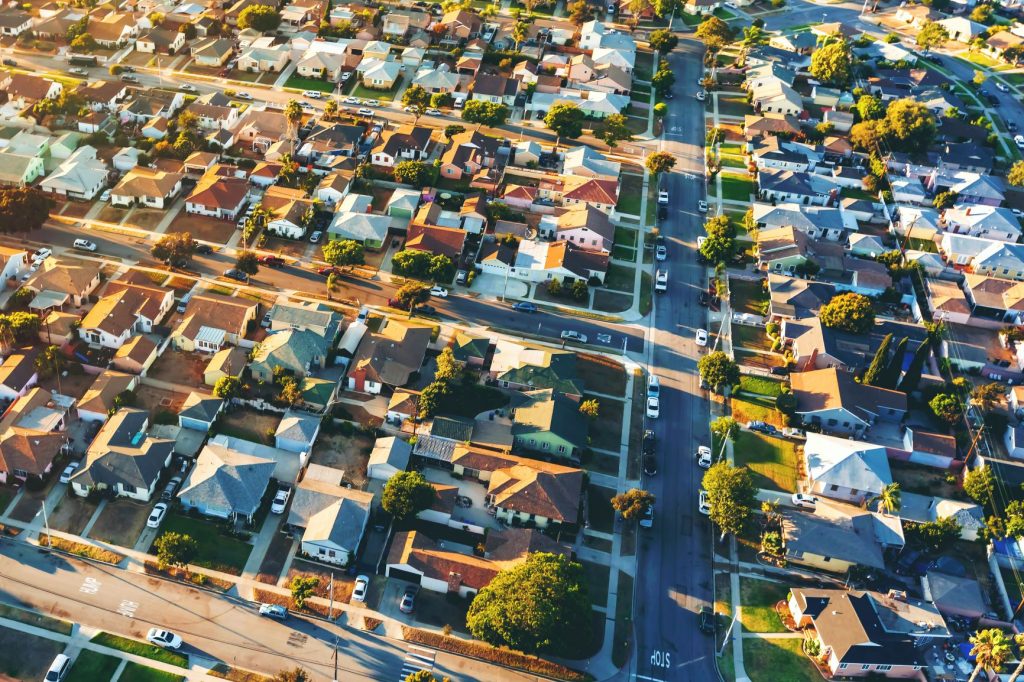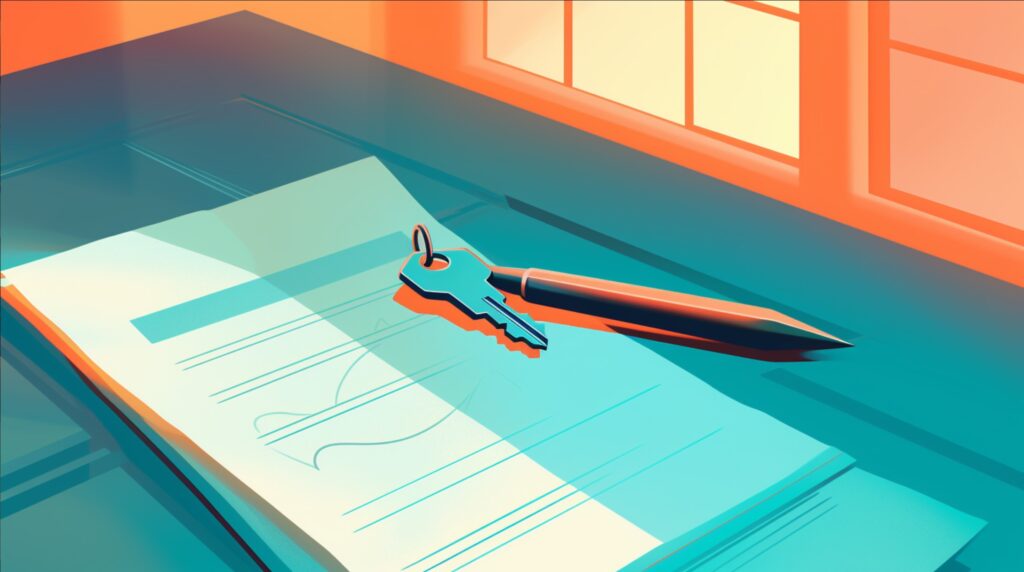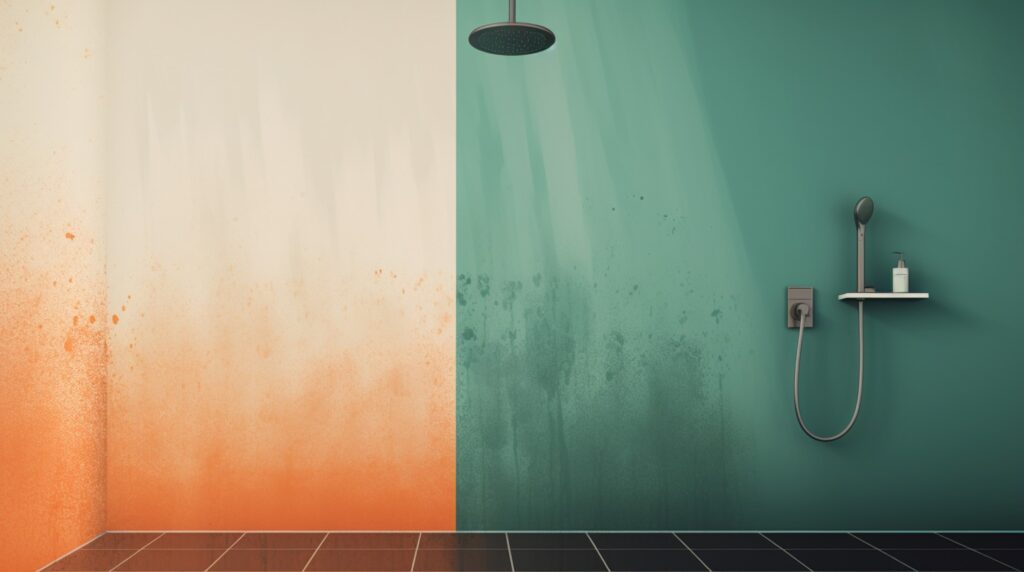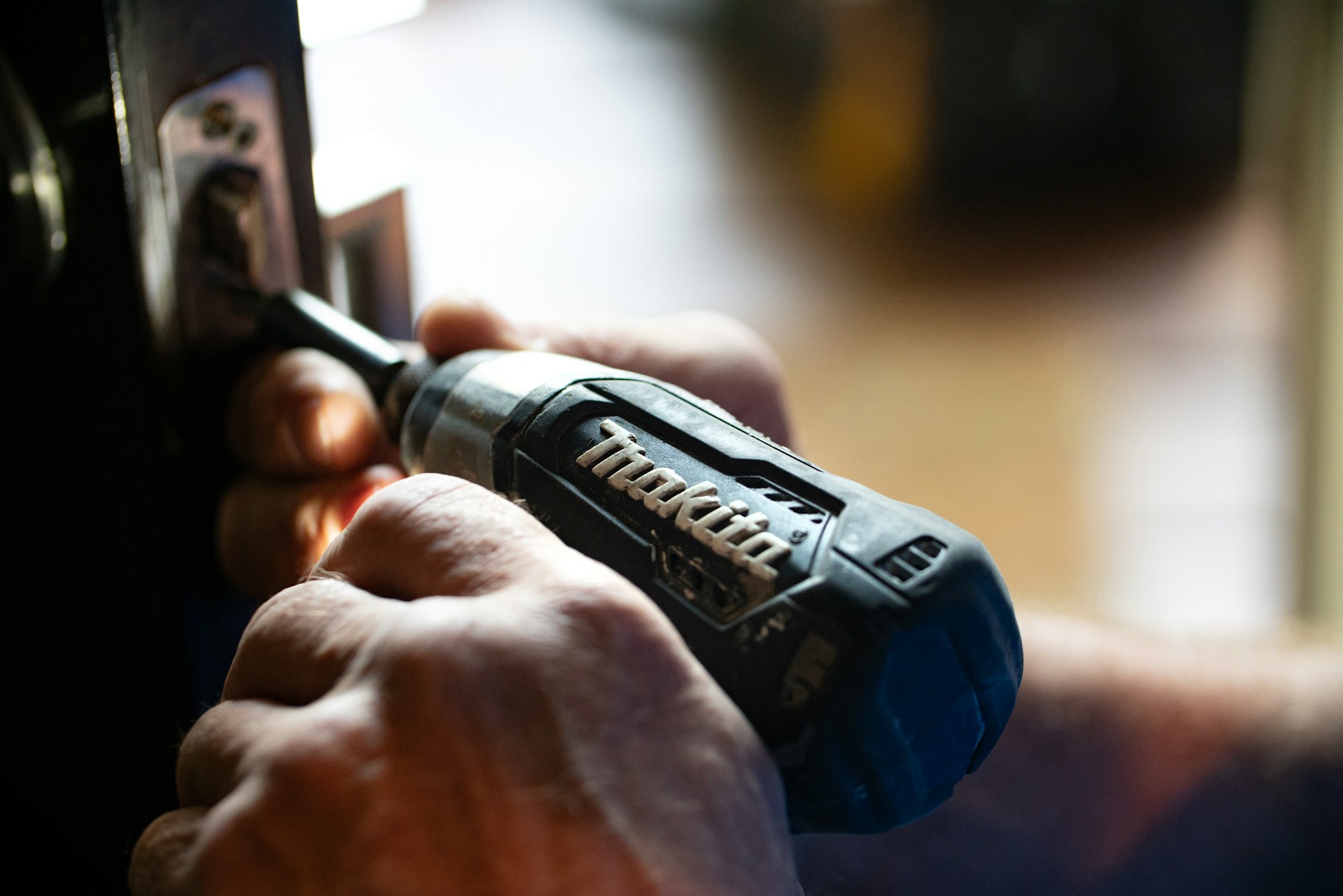
We are reader-supported. When you buy through links on our site, we may earn an affiliate commission.
Getting the keys to your first home is a significant milestone in life. While this accomplishment is worth celebrating, you may encounter some bumps in the road. What should you expect in your first year of home ownership? We spoke to real estate experts who see it all and help clients survive those first few months. Here are six tips for being a new homeowner.
1. Make Strategic Purchases

If you used a lot of cash on your down payment, you might have limited capital for your decor. Furniture, artwork, plants and other pieces are essential for a cozy aesthetic, so how can you do it on a budget? Seamus Nally, CEO of TurboTenant, says to be strategic about your purchases. Make every dollar count to ensure you have what you need for home ownership.
“Being strategic about what you pay for in that first year and how you pay for it is very helpful for your wallet,” he said. “Things like thrift shopping, DIYing what you can, or even pushing certain projects back until the following year can all make a difference.”
2. Prepare for Unexpected Costs
Why should you be conscious of money in your first year? This early period of home ownership makes you vulnerable to unexpected costs. You never know when something breaks, leaving you scrambling to make repairs. If you encounter these sudden expenses, don’t worry because you’re not alone. Ashley Connell, founder of Lease Extensions, says it’s common in your first year of home ownership.
“Don’t forget to plan for repairs and fixes before they sneak up on you,” he said. “A survey by property experts RICS shows most owners deal with unexpected costs their first year.”
The last thing you want is a surprise bill you cannot pay. For example, a bad storm could knock shingles off your roof. Experts say this repair costs about $650, but a complete replacement is closer to $6,000.
3. Build an Emergency Fund
While replacing an entire roof is expensive, you can’t afford to wait on it. Otherwise, you risk more damage to your new home. How can you prepare for these costly repairs? Martin Orefice — CEO of Rent To Own Labs — says to build an emergency fund.
“You’ll have to deal with unexpected maintenance and repair issues and buying new furniture and other supplies,” he said. “While you can probably take it slow when it comes to choosing a chair to complete your living room ensemble, a suddenly leaking water heater can’t wait.”
This fund is crucial for home ownership, medical emergencies and other occurrences that can’t wait. Experts recommend allocating three to six months of expenses to this account. Consider putting this money inside a savings account and not touching it until an emergency occurs. A high-yield savings account (HYSA) could generate more money for your needs.
4. Watch for Scams
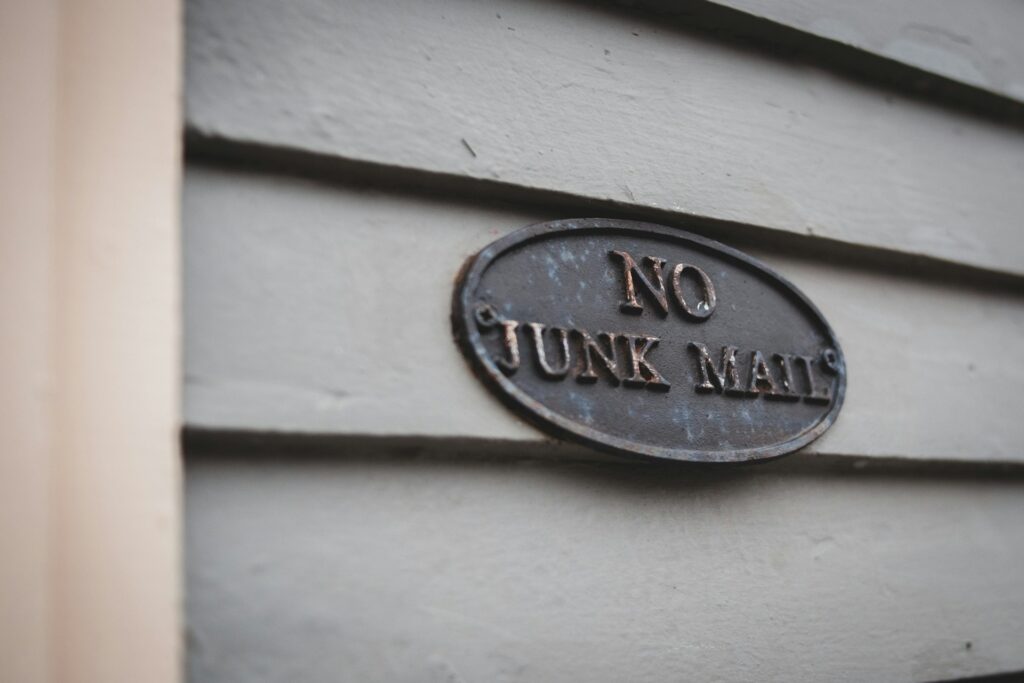
When you buy a house, other people can see your purchase. Federal and state laws make real estate transactions public for transparency and to help governments determine property taxes. While this policy has merit, it also opens the door for solicitors who want you to hire them for services. They know you’ve just purchased the home and may desire to work on it.
Samantha Sousa — broker and owner of Sousa Valley Real Estate — says she warns her clients these solicitations could be part of a scam.
“Be aware that many companies will be mailing you since they’ll know you’ve taken out a mortgage or bought a new home,” she said. “Sometimes there are letters asking for you to pay for a copy of your deed or to add insurance to your loan.
“Most of these are scams. I always inform my clients at the close of escrow, and ask them to text me a picture of any mail they receive that is asking for money.”
Scams are prominent in real estate and other aspects of life, so staying vigilant is critical. Experts say consumers lost $4.6 billion to scams in 2023 — a 21% increase over 2022.
Scams specific to real estate may include fraudulent contractors. These con artists mock industry professionals by adding unnecessary expenses and having license violations.
5. Review Your Tax Credits
Expenses are among the biggest fears for first-time homeowners, but not all hope is lost. There are ways to save money by taking advantage of tax rebates. Some buyers miss out on these incentives, so review which credits you are eligible for. Branden Rivero — real estate agent at Epic Capital Realty and real estate investor at Prop Hunters — says to leave no stone unturned because you never know what you’ll find.
“Home ownership can be pricey so saving a dollar here and there will go a long way,” Rivero said. “Make sure you apply for a homestead tax exemption and any other property tax credits you can receive.”
Homestead exemptions remove property tax as one of your home ownership obligations. The qualifications for each state vary, so check to see what you need for eligibility. Exemptions typically apply to older adults, those with disabilities and veterans. This protection means you reduce or eliminate your property taxes and save money annually.
6. Learn From YouTube
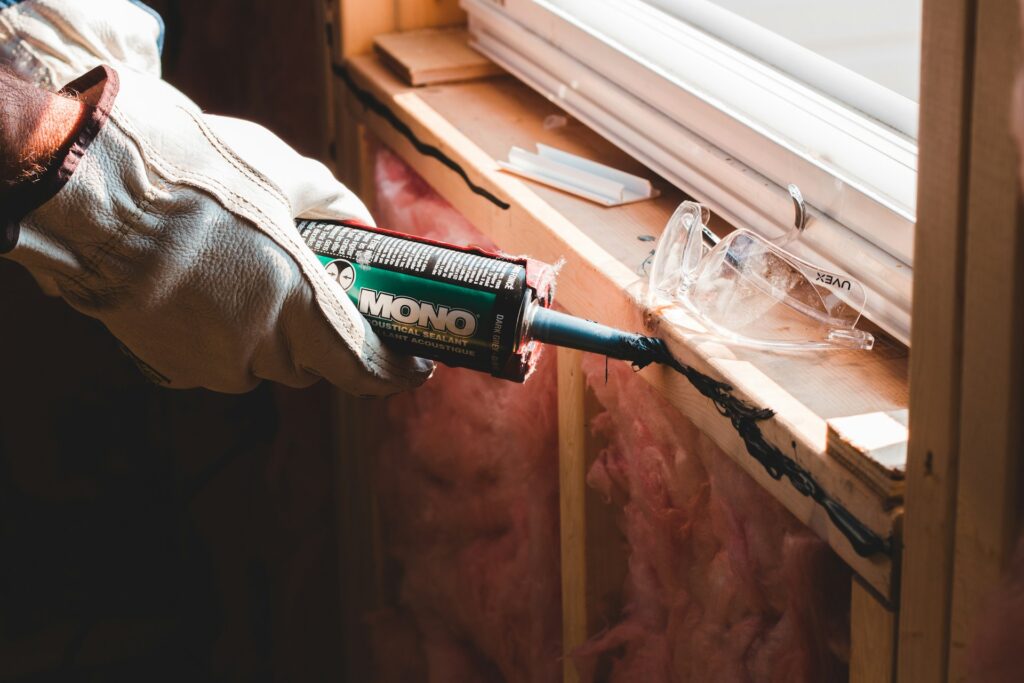
Do-it-yourself projects can save money on repairs and mitigate the risk of scams or overcharging. While repairs and maintenance seem intimidating, Orefice says digital media has made home ownership much more straightforward. There are easy-to-understand guides to walk you through any leak or crack in your home.
“I honestly don’t know how people owned and maintained their homes before YouTube came along,” he said. “There is an abundance of instructional videos on every home maintenance and repair task imaginable, meaning that you’ll be able to save a lot of money on professional repair technicians.”
YouTube is an excellent platform for learning as experienced professionals upload how-to guides for beginners. Use these videos to learn simple home repairs like fixing a running toilet or sealing cracks.
Besides YouTube, you can also learn a lot from informational blogs. Some contractors have personal websites or social media pages that provide written and video tutorials for everyday fixes.
Making the Best of Home Ownership
The first year in your new home is worth celebrating but could also bring unwanted troubles. How prepared are you to deal with a malfunctioning HVAC unit or foundation issues? Proactive home ownership means preparing for the worst and hoping for the best. Use expert-backed advice to ready yourself for any homeowner troubles.
For more homeownership tips, subscribe to our newsletter.




